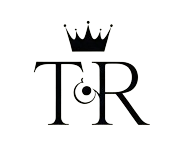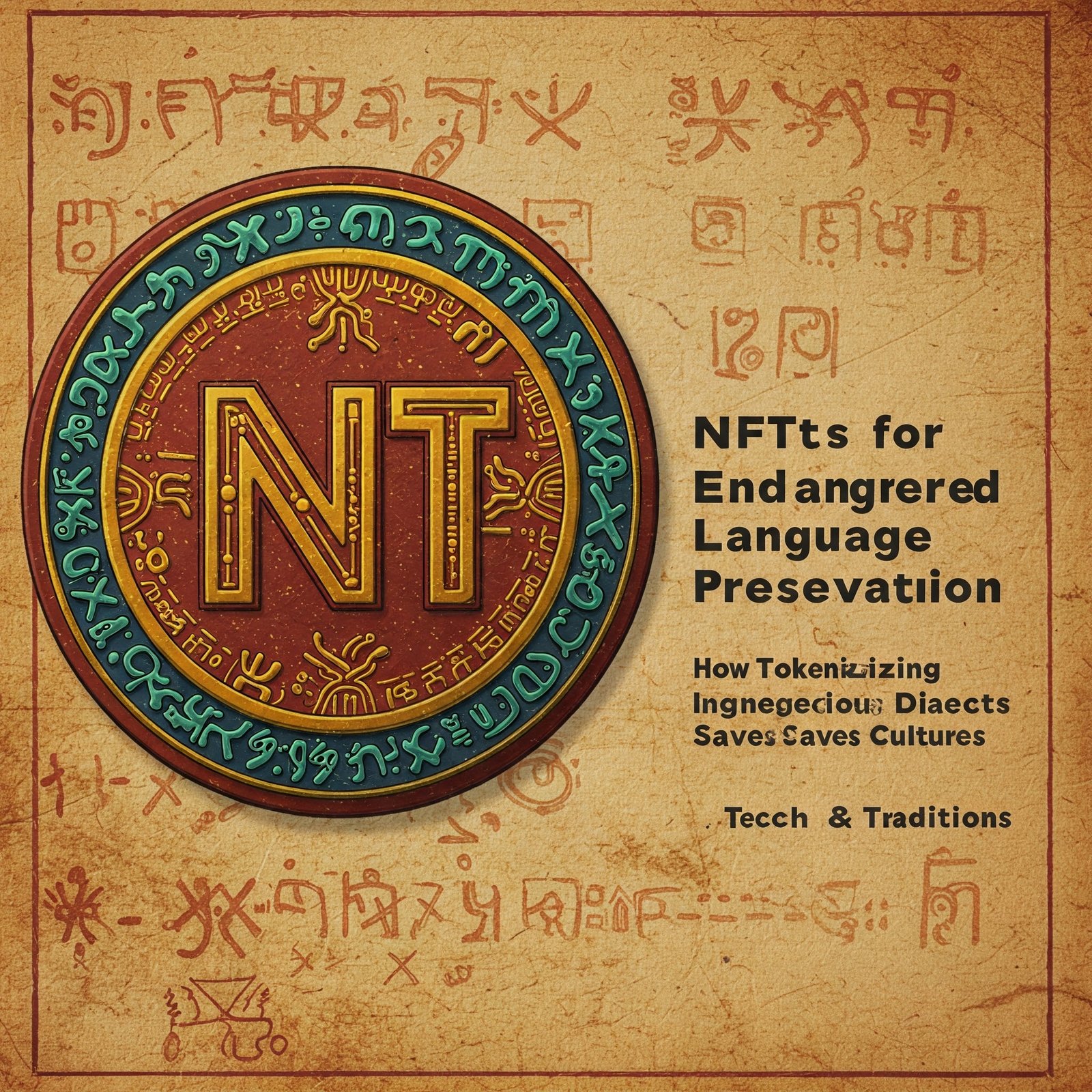How ‘AI Dream Interpreters’ Are Cashing In on Sleep Data 🛌💤: The Hidden Truth Behind Digital Dream Decoding

Dreams have always fascinated humanity—mysterious, surreal, and often leaving us puzzled when we wake up. But what if an AI could decode them? 🤖🔍 Enter AI dream interpreters, the latest tech trend promising to unravel the secrets of your subconscious… while quietly monetizing your sleep data.
From apps that analyze dream journals to wearables tracking REM cycles, companies are capitalizing on our curiosity about dreams—and turning our midnight musings into big business. But how does it work? And more importantly… what’s the cost?
Let’s dive in. 🚀
🔮 The Rise of AI Dream Interpretation
Gone are the days of flipping through dusty dream dictionaries. Today, AI-powered platforms like:
- DreamApp
- SleepAI
- Morpheus (yes, like The Matrix)
…claim to decode dreams using machine learning and natural language processing (NLP). Users log their dreams, and the AI spits out interpretations—ranging from psychological insights to bizarrely specific predictions.
But here’s the catch: Your dreams are data gold. 🌟
💰 How Companies Profit from Your Sleep Data
1. Selling Anonymized Data to Researchers 📊
Sleep and dream patterns are valuable for neuroscience and psychology studies. Companies often sell aggregated, anonymized data to universities and research labs.
Example: If thousands of users report dreams about falling, AI can detect trends—helping researchers study anxiety patterns.
2. Targeted Advertising Based on Subconscious Fears & Desires 🎯
Ever dreamed of losing teeth? Freud might say it’s about anxiety. But advertisers? They might recommend a meditation app or dental insurance.
AI dream interpreters profile emotional states, allowing marketers to serve hyper-personalized ads.
3. Premium Subscriptions for “Deep Analysis” 💎
Free apps give basic interpretations, but “premium” tiers promise Freud/Jung-level breakdowns—locking users into subscriptions.
Example: “Your dream about flying? Upgrade to Pro to unlock its hidden meaning!”
4. Integration with Wearables & Health Tech ⌚
Devices like FitBit and Oura Ring track sleep stages. Pair that with dream logs, and companies build comprehensive sleep profiles—later sold to health and wellness brands.
⚠️ The Dark Side: Privacy Concerns & Ethical Dilemmas
While AI dream analysis sounds fun, your subconscious isn’t always safe. Here’s why:
- Data Leaks: If hacked, intimate dream details could be exposed.
- Manipulation: Ads targeting your deepest fears? That’s Black Mirror territory.
- False Interpretations: AI isn’t a psychologist. Misinterpretations could cause unnecessary stress.
“When you share your dreams, you’re sharing your mind’s rawest data.” — Digital Privacy Advocate
🛡️ How to Protect Your Dream Data
If you still want to use these apps, here’s how to stay safe:
✔ Check privacy policies—do they sell data?
✔ Use pseudonyms—avoid linking dreams to real identity.
✔ Opt out of data sharing (if possible).
✔ Consider offline journaling—sometimes, pen and paper win.
🌌 The Future: Will AI Really Understand Dreams?
AI can spot patterns, but dreams are deeply personal. Can an algorithm truly grasp what it means to dream of being chased, flying, or showing up to work naked? 🤔
For now, AI dream interpreters remain a mix of entertainment, self-reflection, and data harvesting. Whether that’s cool or creepy depends on how much you value your nocturnal thoughts.
💭 Final Thought: Should You Trust AI with Your Dreams?
Dreams are the last frontier of privacy—your mind’s uncensored playground. While AI dream tools are fascinating, always ask: Who’s really benefiting?
If you’re okay with trading dream insights for data, go ahead. But if you’d rather keep your midnight adventures private, maybe just stick to a journal. 📖✨
What do you think? Would you use an AI dream interpreter, or is it too invasive? Drop your thoughts below! ⬇️💬





